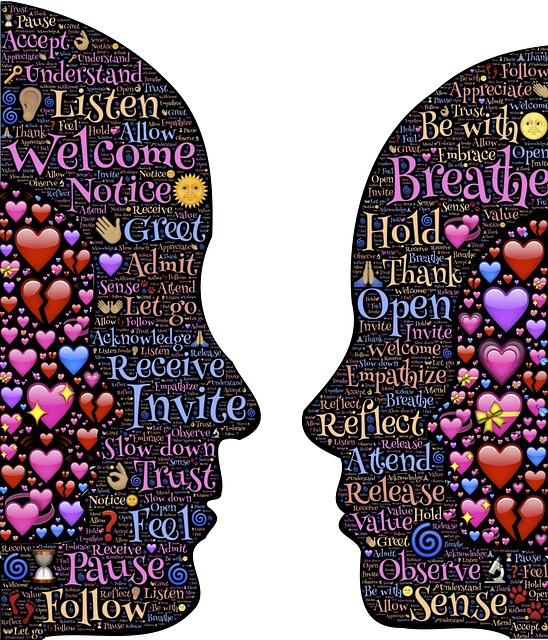
Listen or listening are active verbs, not passive acts. How do you listen? Of course we listen with our ears as the auditory intake of sound. But how else do you listen? If you are a musician, or a fan of music, this is an easy question. You listen with your ears, eyes, heart, and with your whole body to the vibrations of the sound. You are taken away by the music and the sound. But music can also be played in the background, and we can be passively listening while doing something else.
When we listen to another person in our presence, how do we listen? These days, many of us are not being heard, because those around us are not present to listening. Dr. Ruth Westheimer was asked recently by skilled interviewer Christiane Amanpour, why we are having less s*x? Dr. Ruth believes that it is because we are not listening to one another. And intimacy in relationships requires communication. We are paying attention to our screens, and not to those right in front of our nose. We are not communicating. This is also causing an epidemic of loneliness.
We think we are more connected with social media, but as a society are actually becoming lonelier. So much has been written lately about this problem of loneliness, which is tied to increased depression, mental health, and suicide rates. Loneliness does not seem to be an issue however, in the Blue Zone’s; areas of the world with the highest percentage of octogenarians, due to their close knit communities.
We listen not only with our ears, and eyes, but with our entire body. Body language is and an important aspect of listening and communication. What is your body saying with certain postures? We could be showing that we are closed and not listening, or open, and attentive just by our physical body posture. Look at the person, lean in, uncross your legs and arms, and be open and present to them. Listening to someone is a gift to them and shows caring.
Listening is something I’ve learned to do pretty well (if I do say so myself). It takes concentration, being present in the moment, and putting aside my own agenda, and judgments.
Listening is one of the most critical skills of a health coach. When I am listening to a client, I am present and completely in a space of empathy and attempting an understanding from their reality and perspective. Then as a coach, I must question, not judge, but just act with curiosity to again listen for better understanding.
This questioning, without judgment, based on active listening, is what helps the client to question their own perception of reality.
Listening is a skill that must be practiced with intention, may I even go as far as to say, for our own human survival, and happiness.
Who needs you to listen to them today? I’d love to receive your comments. Thanks for listening!
